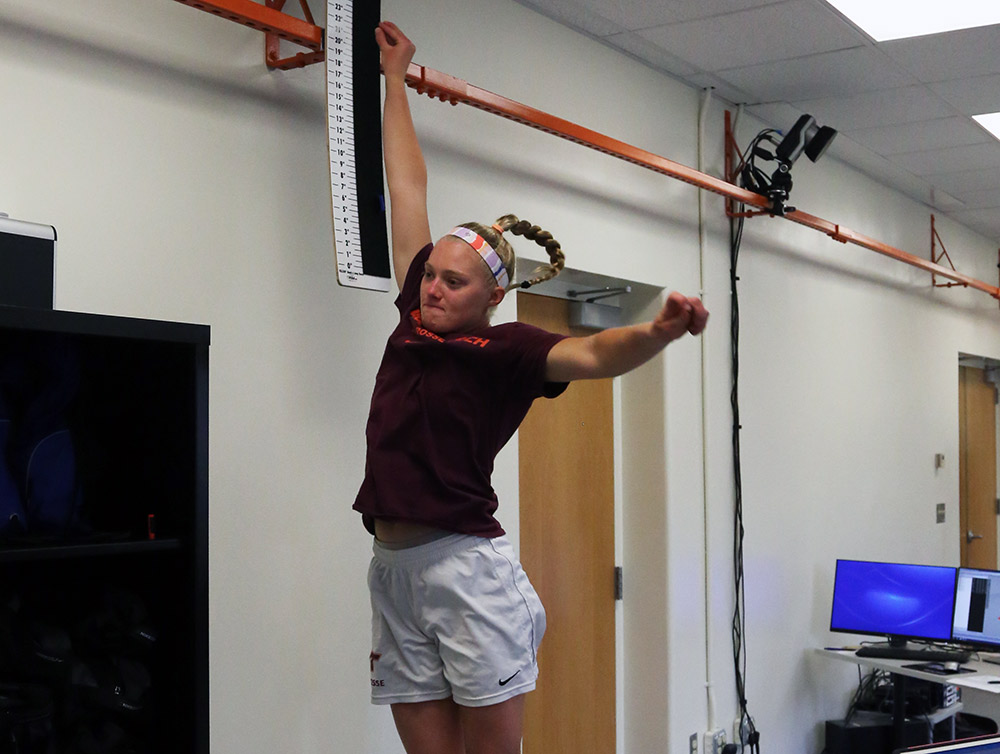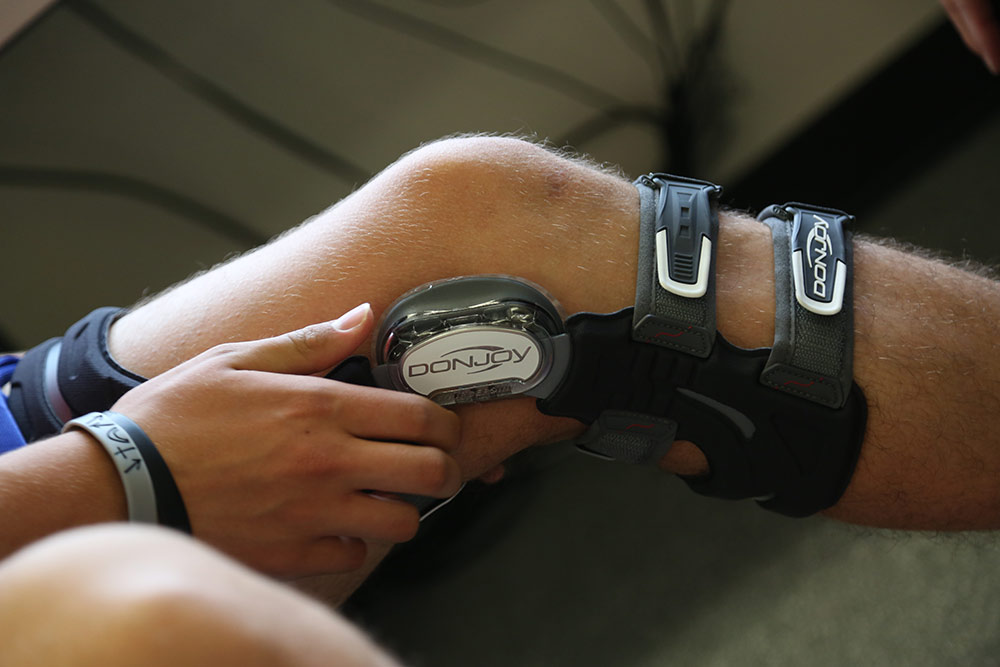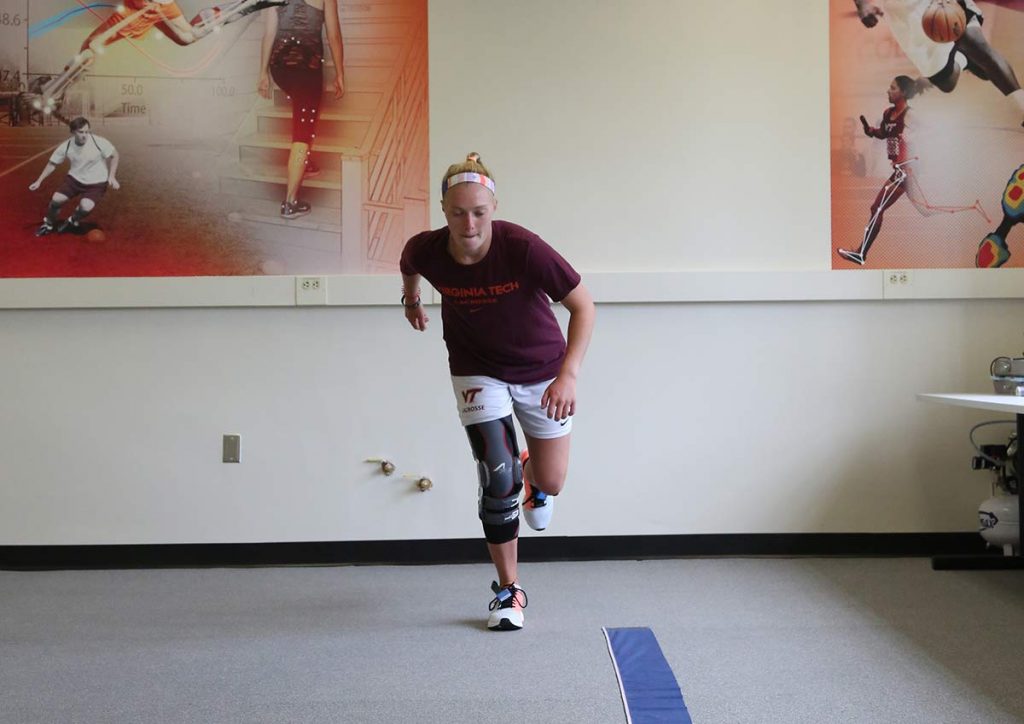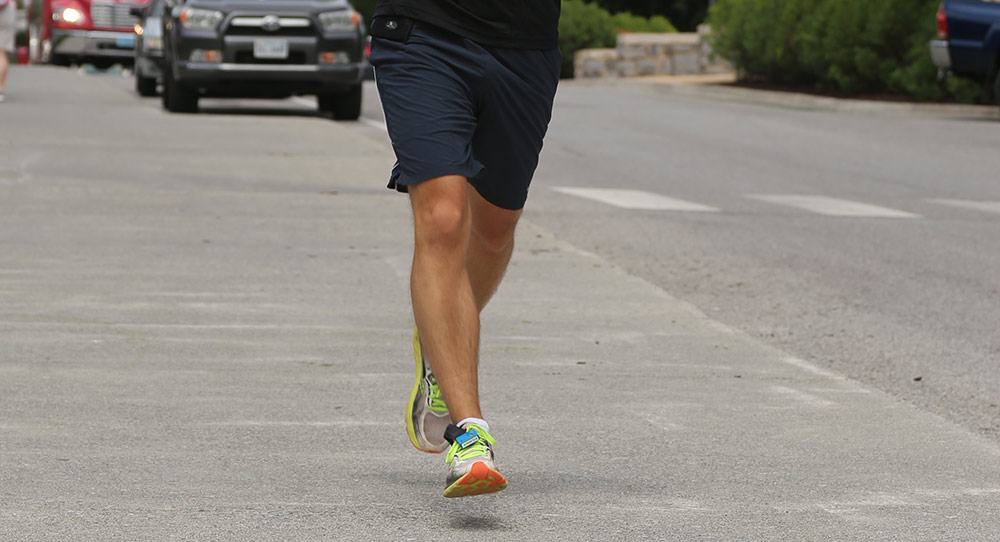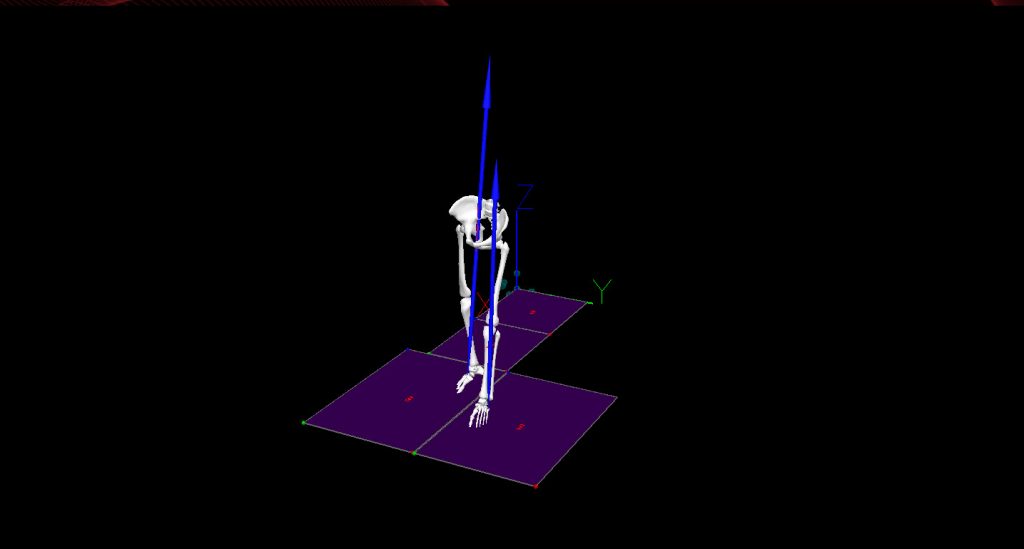This study evaluates mechanical changes and joint loading resulting from the progression of knee osteoarthritis. Subjects will be outfitted with reflective markers and in-shoe pressure sensors while performing walking, sit-to-stand, and gait assessment testing. Subjects are currently being recruited for the study. Eligible subjects will be between the ages of 40 and 75, must have been diagnosed with unilateral knee osteoarthritis, may not have pain in their other knee, a previous joint replacement, neurological disease, and must not have any assistive device impacting balance and walking. Testing will take place during one session in the Granata Lab and will last approximately 1 hour. Please email us or call us at (540) 231-4294 if you are interested in participating in this study.

